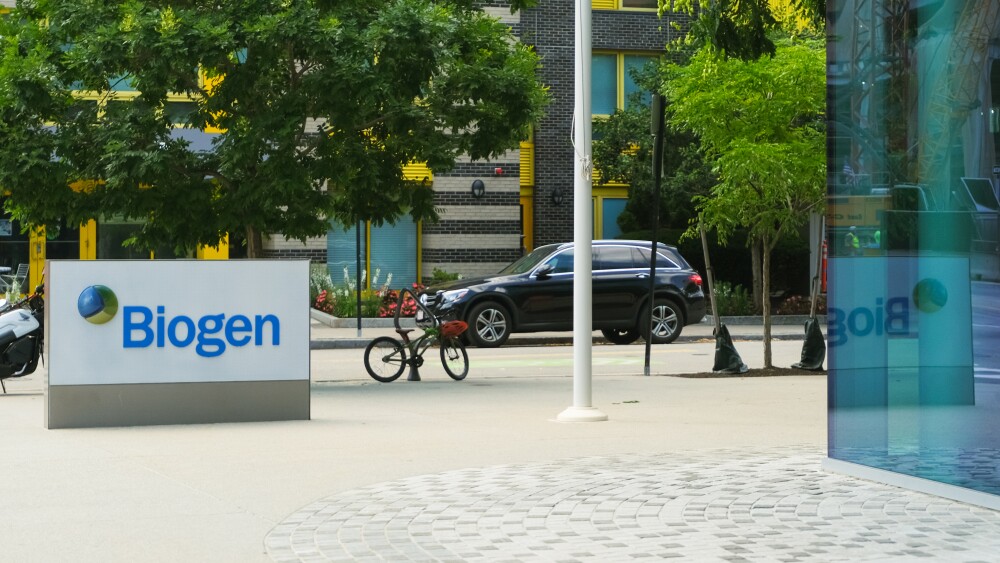Phase III data for dapirolizumab pegol presented at the 2025 conference of the American College of Rheumatology showed quality-of-life benefits in systemic lupus erythematosus that could see Biogen go head-to-head with GSK and AstraZeneca in a blockbuster space.
Biogen’s CD40L inhibitor dapirolizumab pegol significantly improved quality of life in a late-stage study of patients with systemic lupus erythematosus, potentially giving the UCB-partnered molecule an edge in a competitive field.
Jefferies analysts, writing in a note to investors Monday, said Biogen and UCB have already shown dapirolizumab pegol to be a “competitive” therapy for systemic lupus erythematosus (SLE) in previous readouts that were based on “traditional efficacy measures” such as treatment response and disease activity.
These additional findings, to be presented Tuesday at the 2025 conference of the American College of Rheumatology, point to “added benefits” across a variety of clinical and patient-reported measures that, according to the analysts, could make a strong market case for dapirolizumab pegol.
Additionally, the analysts noted that these quality-of-life advantages could underlie the asset’s “potential to differentiate in SLE.” The group currently models more than $1 billion in peak sales for dapirolizumab pegol.
Tuesday’s data come from the Phase III PHOENYCS GO trial, which enrolled more than 300 patients with moderate to severe active SLE. Dapirolizumab pegol was dosed every four weeks on top of standard of care. Patients on the dapirolizumab pegol regimen had greater improvements in fatigue, pain and body image versus placebo comparators.
Similarly, Biogen’s therapy resulted in better physical and emotional health outcomes, alongside stronger improvements in the intimate relationships, planning and burden to others domains, as compared with placebo.
These findings follow a previous readout from PHOENYCS GO, presented in November 2024, in which dapirolizumab pegol outperformed placebo in terms of clinical outcomes. At the time, data revealed that the CD40L blocker hit a response rate of 49.5%, versus 34.6% in placebo comparators. Dapirolizumab pegol also demonstrated a 1.8-fold greater improvement in a disease activity measure compared with controls.
With dapirolizumab pegol, Biogen and UCB are building up to compete with AstraZeneca’s Saphnelo and GSK’s Benlysta, which according to Jefferies have a “combined $3B run rate.” In 2024, Saphnelo surged 70% to make $474 million worldwide, while Benlysta brought in almost $2 billion, representing 14% annual growth.
To further boost dapirolizumab pegol’s case, Biogen is also running the Phase III PHOENYCS FLY study, likewise in patients with moderate to severe SLE. The trial is currently recruiting participants, with a primary completion date of May 2028.
“We think [dapirolizumab pegol] represents one of BIIB’s several late-stage, $1B+ blockbuster pipeline programs that could garner more credit in 2026, ahead of [its] second Phase III readout in 2027-28,” Jefferies wrote.






